Our Services
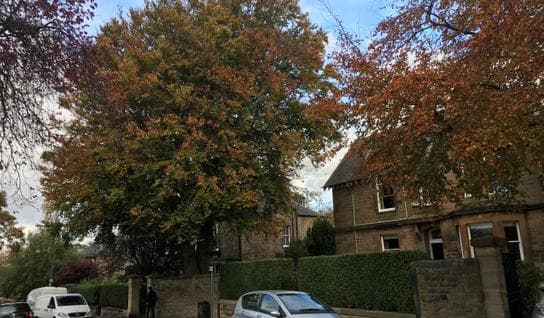
TREE RISK ASSESSMENTS
Trees provide a variety of benefits to those living and working in both the urban and rural environments. These benefits increase significantly as the age and size of the tree increases. However as a consequence of the ageing process trees are more likely to suffer branch failure, develop decay and other conditions that can increase the likelihood of failure occurring. The vast majority of trees are located in areas where the consequences of failure are minimal, however in urban or quasi-urban areas the consequences of failure can be significant. During normal weather conditions such tree failures are often predictable and preventable. In order to assess trees we would recommend undertaking an initial visual tree assessment, systematically assessing the components of the tree individually. The results of which then feed into an overall risk assessment of the tree(s) being assessed.
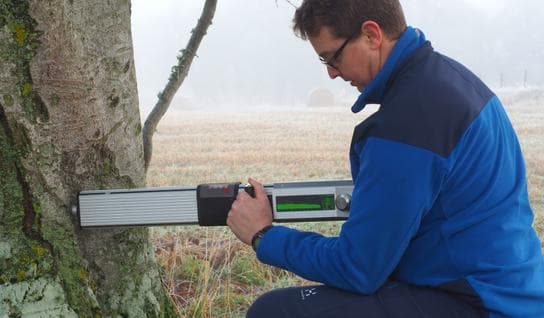
INTERNAL DECAY TESTING
This involves an in-depth risk assessment of the tree(s) undertaken after the initial visual tree assessment, normally where positive external indicators of internal decay have been identified e.g. fungal fruiting structures. This allows the magnitude and extent of internal decay to be quantified and evaluated at the testing locations. The information provided is then used in conjunction with the visual tree assessment to feed into the decision support process allowing an advanced risk assessment of the tree(s) to be completed. Internal decay testing can be undertaken on the tree trunk(s), buttress roots and branch/trunk unions to assess individual components of the tree and the tree as a whole. We have over 12 year’s experience of conducting such evaluations extensively across the United Kingdom and Ireland.
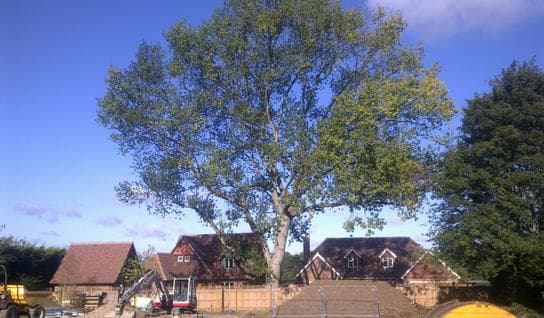
PLANNING APPLICATIONS & DEVELOPMENTS
Trees are an essential part of green infrastructure contributing significantly to ecosystems services and climate change adaptation. Existing trees on construction sites are a material consideration in the UK planning system. As such trees need to be taken into consideration as part of the planning process, the starting point of which is to undertake and Arboricultural Impact Assessment, assessing any tree constraints that may be applicable on the site. Once identified the production of a Tree Protection plan and supporting Arboricultural Method Statements are required to mitigate any tree related issues. Our Arboricultural reports have a track record of supporting planning applications, giving our clients the best possible chance of achieving planning approval.
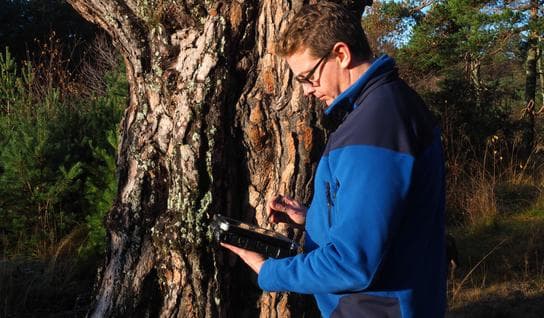
TREE SURVEYS & REPORTS
We offer a range of professional tree survey and reporting services that allow landowners or managers to reduce the potential for injury or damage caused by trees that are in their duty of care. Trees in the vicinity of person(s) and or property can present a potential risk that needs to be assessed and documented by a professionally licensed Arboricultural Consultant, particularly as landowners are responsible for damage or injury by trees on their land. The most effective solution available to landowners is regular and on-going tree inspection. We undertake all aspects of amenity tree surveys and reporting from individual specimen trees up to estate wide tree condition and management surveys across Scotland.
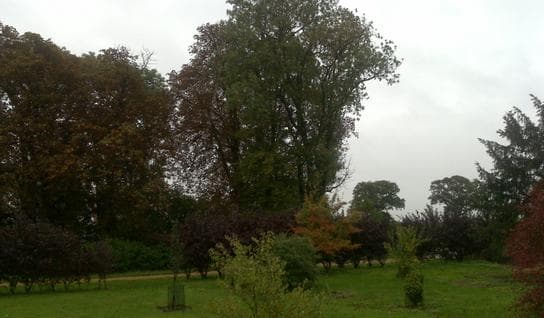
TREE PLANTING PLANS
Tree retention and planting are normally proposed in the vast majority of construction projects. The main objective of which is to achieve a harmonious relationship between trees, people and built structures that can be sustainable in the longer term. Beginning with the initial site assessment where soil type, pH, penetration resistance, micro and macro nutrient levels are assessed. This information is used in the species selection process and in turn the overall planting proposal or plan for the site. We have extensive experience of providing planting schemes from small scale amenity planting areas up to large scale infrastructure projects across the United Kingdom and Ireland.
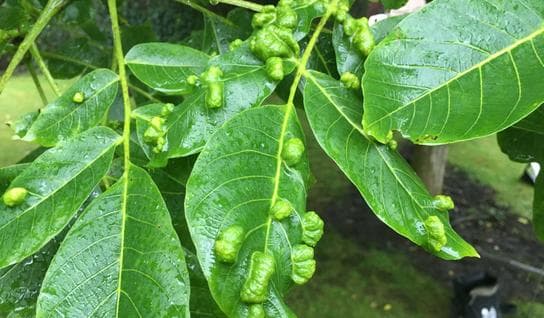
TREE DISEASE ASSESSMENT & DIAGNOSIS
Invasive tree pest and disease threats in the United Kingdom have been increasing exponentially since 2002. As such the ability to assess and diagnose new threats quickly and accurately are increasingly important to our clients in managing both urban and rural tree populations. In conjunction with former colleagues at the Bartlett Tree Research Laboratories, based at Reading University. Potter Tree Consultancy is pleased to offer a soil and foliar analysis service through our working relationship with this partner organisation. In the event that your tree(s) are exhibiting any unusual symptoms such as defoliation or discoloured foliage, please get in touch and we will make arrangements to assess the tree, collect samples, provide a diagnosis and outline potential treatment options.
WHAT OUR CLIENTS SAY...
